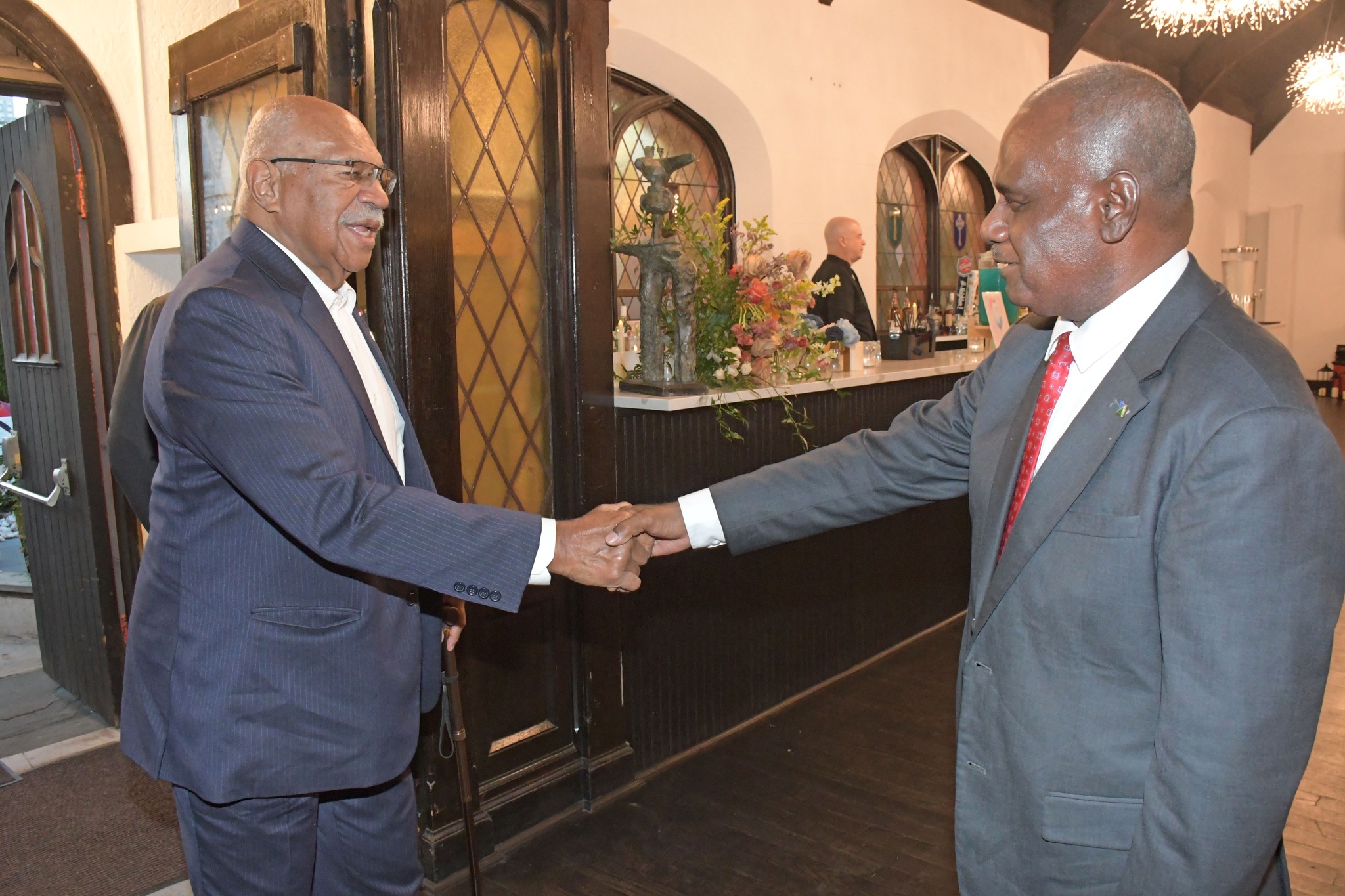BY JOHN HOUANIHAU
Children who suffer severe trauma from situations such as rape, witnessing the death of a parent, or from other violent experiences go through a predictable healing process.
Dr Koen Sevenants, a consultant with the United Nations International Children’s Emergency Fund (UNICEF) for Mental Health and Psychosocial Support (MHPSS), highlights this during an advanced training on mental health and psychosocial support.
He said while only a few children may require formal counselling, it is crucial to distinguish between moderate and severe trauma to understand how children recover.
“In the first two weeks after a traumatic event, children tend to be either very active or passive,” he said.
He said that some may isolate themselves and show little energy, while others may appear restless.
To add on, Dr Sevenants said after this initial period, children typically enter a phase known as dissociation, which can last up to three months.
“Dissociation is a natural form of self-protection. It allows children to separate their emotions from what they know has happened. It’s a way of escaping pain. They know what happened, but they don’t feel anything,” Dr Sevenants said.
He stated that as children slowly come out of dissociation, they begin to reconnect with painful emotions that can trigger panic attacks, aggression, or other challenging behaviours.
“They may step in and out of dissociation repeatedly before they fully face their feelings,” he said, adding that new trauma or re-traumatisation can push a child back into dissociation.
Dr Sevenants stressed that it is during this time that parents, teachers and caregivers should provide safety and stability but avoid sudden surprises such as birthday parties or unplanned outings.
“If after six months a child shows no signs of emotional release, such as crying or expressing anger, professional counselling becomes necessary,” he said.
Dr Sevenants emphasised that what may appear as “bad behaviour” during recovery, including aggression, withdrawal, or substance use, is often part of the healing process rather than a sign of misbehaviour.
“Children only come out of dissociation when they feel safe. If the trauma is too deep, they may remain in dissociation and develop a disorder that makes functioning in society difficult. That’s when trained counsellors need to step in,” he said.
Dr Sevenants pointed out that in extreme cases, children may experience derealisation as in the sense of disassociating themselves from reality and feeling disconnected from people and surroundings.
“It’s not because children are bad, it is because they have been through trauma, and these behaviours are part of their journey toward recovery,” he said.
For feedback, contact:[email protected]




